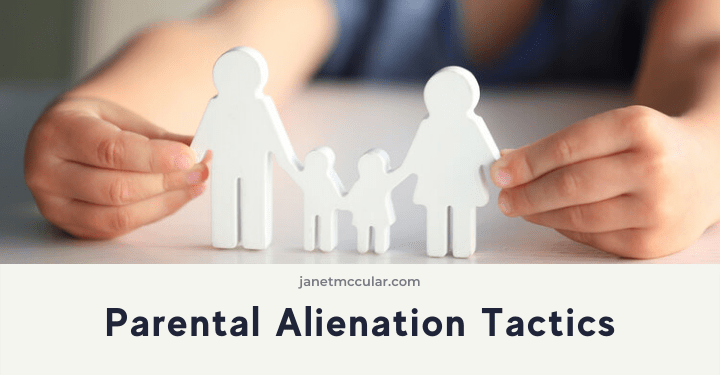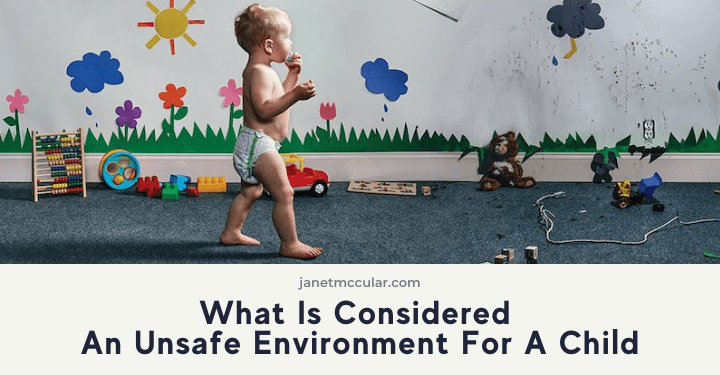You may have heard the term “parental alienation strategies” but not know what it means as a parent or attorney. Alienation of a kid from one or both parents is a common topic in family court cases and can have a profound impact on the child’s emotional and psychological well-being. By making derogatory comments about the other parent’s character or by simply removing them from key aspects of life, one parent attempts to mislead their child into feeling the other parent does not love them.
This article will explain parental alienation strategies, how they might involve subtle types of abuse, and how to recognize and avoid them.
See more articles at: https://janetmccullar.com
A Guide to Parental Alienation Techniques
The mother argued that the father was raising his two children to be antagonistic toward her in the court case Fielding v. Fielding, 2013 ONSC 5102. The parental alienation tactics checklist that follows contains a list of the 17 alienating strategies that a court-appointed expert witness claimed the parent used.
The following items are on this industry-standard checklist for parental alienation strategies:
- behind-the-back conversations with the other parent
- limiting the amount of time a parent who has been estranged from their child is permitted to spend with them
- There are two methods to interfere with communication: either by forbidding the parent from speaking with the child or by inventing justifications for why the child cannot have visitation.
- The custodial parent should not impose limitations on the amount of pictures of the alienated parent that are allowed or the frequency with which the alienation is brought up.
- ignoring the child or behaving impulsively in their direction
- One of a child’s parents is forced onto them.
- a claim made by one parent that the other does not genuinely care for the child.
- intentionally giving the impression that the child is in danger from the other parent
- The child is forced to reject the parent who has alienated them due to the disclosure of private adult information and the circumstances of the case to the youngster.
Challenges in Identifying Parental Alienation Strategies
It might be challenging to identify parental alienation strategies in a home. Counsel for the alienating parent typically assumes that his or her client will object to using a psychological assessment. It is not alienation since the lawyer for the parent who was rejected believes in his or her client and does not even consider the possibility that there may be genuine issues. The guardian ad litem (GAL) accepts the child’s testimony because it is forceful and convincing, and does not consider the possibility that parental alienation is present and operating covertly.
Parental alienation is a topic that many lawyers and judges are not familiar with. Considering that it is not a DSM-5 diagnostic, some people deny its existence. Others ignore it since it is challenging to prove in court. Others contend that the importance of parental estrangement is overdone and overstated.
Conclusion
The majority of people concur that separating a kid from their parents is morally unacceptable. Unfortunately, a lot of people are not aware of the telltale indications and behaviors of parental alienation. The inability to recognize these unethical activities is a result of this ignorance. It is crucial that we educate ourselves on the topic of parental alienation in order to recognize it when we see it occurring and put a stop to it in order to safeguard our kids. Let’s band together to denounce these heinous crimes and cooperate to protect our kids.


